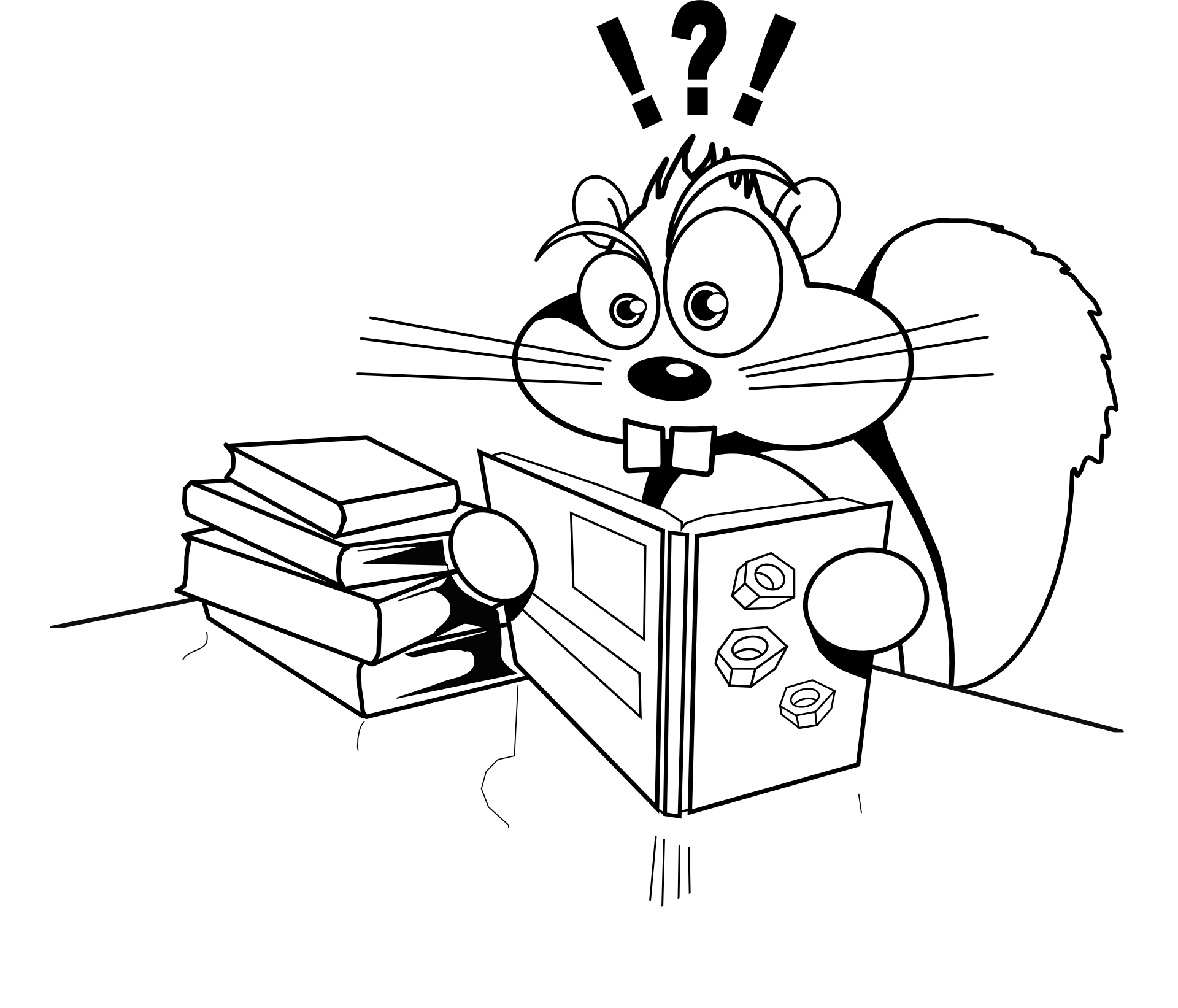
Do you ever wonder why some people are funny and others aren't?
The secret is practice.
Even the funniest stand-up comedians on the planet practice telling their jokes, so why shouldn't you?
Here is a short list to get you started if you want to be able to tell a good joke and get some laughs.
1. Know Your Audience
Your Grandmother might not appreciate your latest fart jokes, but kids will love to hear them.
If you aren't good friends with your audience, avoid politics and religion. That being said, even a good friend might not appreciate your good-natured jab at the city mayor. Some topics that are funny between you and your best friend might not fly with the general public.
Puns are great… until they're not. Here's the difference between a good pun and a bad pun: audience reception. If you get a groan instead of a laugh, there are two main reasons for that.
If you get a groan, the audience understood the wordplay but didn't think it was clever enough. (Maybe they won't like any pun you tell because they think puns are beneath them!)
If you get a groan and a smile, the audience understood the wordplay and appreciated the intelligence behind the joke. (Maybe they are also kicking themselves for not thinking of the joke first!)
2. Practice with Friends
Try telling your jokes a few times to some different friends with different senses of humor.
To get the most honest reaction, your best bet is to start your conversation with the joke you've prepared. Don't immediately let them know you're practicing your jokes. Just tell it and see what reaction you get.
My best strategy for telling a "cold" joke like this is to say, "I've got one for you..." It's like the universal signal that a joke is coming.
Even when you are practicing on friends and family, make sure you know the material well. If your joke has an elaborate set-up, missing even one element could make the joke fall flat.
3. Timing
Timing is key in any joke.
A bear walks into a candy shop and says, "I'd like ten Gummy... Bears."
"Why the big pause?" asks the shopkeeper.
The bear replies, "I don't know, I guess I was born with them."
For the above joke about the bear in a candy shop, you want the pause between "Gummy" and "Bears" to be just a little longer than a normal pause. It should be a little awkward, but not too awkward.
"What's the secret to telling a joke timing."
For this joke, there should be no pause at all between the last two words. You need to really stress the last word as if you can't wait to say it.
4. Start Small
Believe it or not, you can knock it out of the park with a one-liner. Some great stand-up comedians have built their careers around the one-liner.
You might also want to keep some of your jokes in your back pocket for later. If you see someone every day, try only telling them jokes during lunch or on the walk home.
5. Finish Big
Getting a big laugh is what the joke teller is really after.
Let's say you get a great reaction and lots of laughs from the entire room with your first joke. Well, that's a great place to stop. You could thank them and announce, "I'll be here all week!" as the saying goes.
But let's say you try for another joke. Now you run the risk of not getting any laughs at all. Here's what you do if that happens:
You need a save.
A save is a quick one-liner after a failed joke. Sometimes a save will get you more laughs than your regular line up of jokes.
Here are a few examples of saves:
"I got that joke from a stray cat. I should have known better!"
(this one works great if the dud joke was about an animal)
"If you think that joke was bad, you're absolutely right!"
Alternatively, if you think you have it in you to tell another joke, try this:
"If you think that joke was bad, wait till you hear the next one!"
Now that your save has been delivered and you got a few more laughs, do you tell another joke? Well, that's entirely up to you.
The most important thing is that both you and your audience are having fun, which brings us to the final point on the list.
6. Delivery
Have fun!
The best way to deliver a joke and get laughs is to be confident. That doesn't mean being loud. It also doesn't mean being able to command the attention of a room full of a hundred people.
It means have confidence that your material is funny. If you laugh at your jokes (and they aren't hurtful), then others will laugh too.
You might find that some people don’t appreciate your sense of humor, but that’s okay. Jokes are only for people who like to have fun and enjoy life!